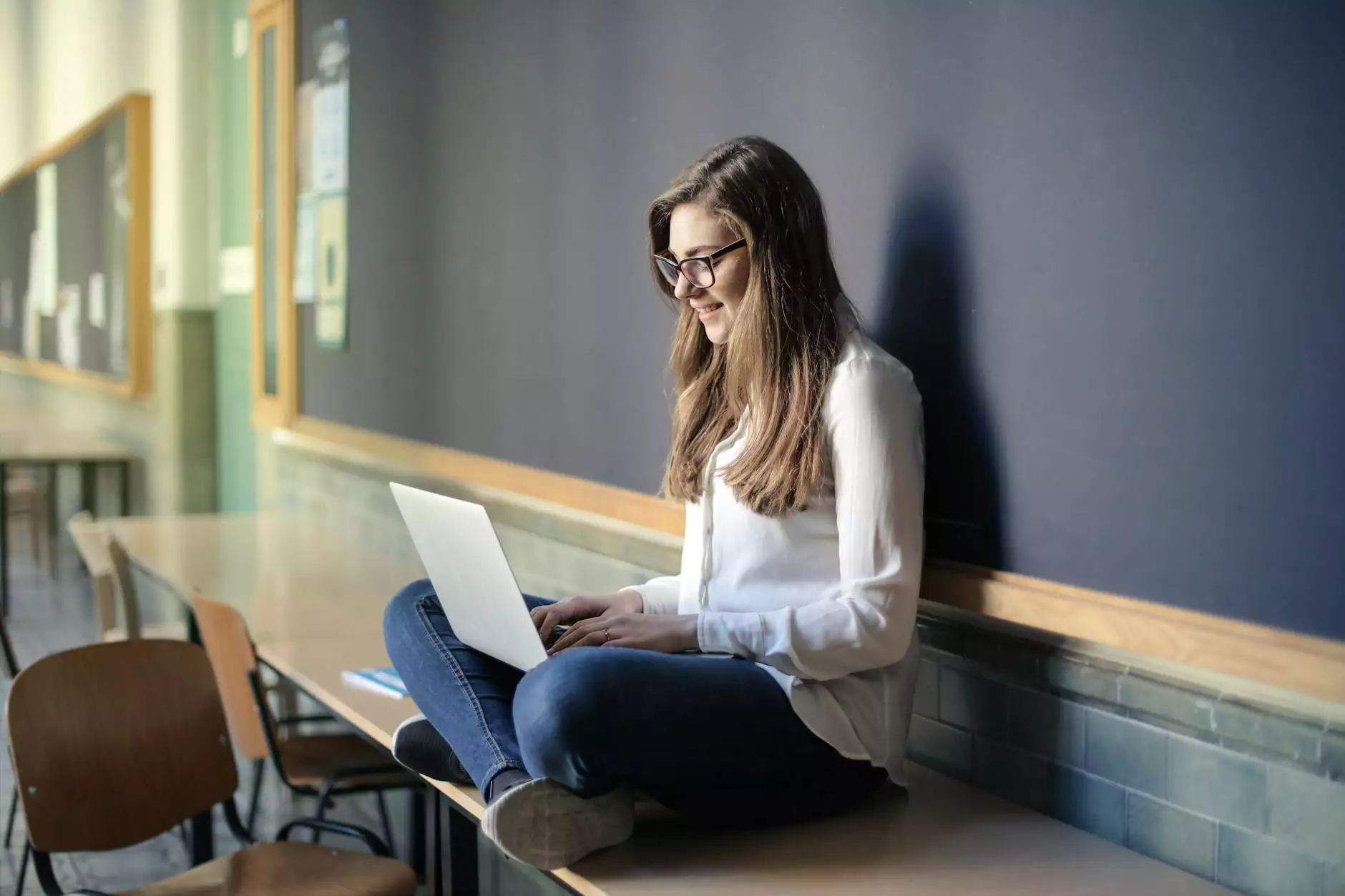Unlocking the Future of Education: Beyond the "Out of Office EB02" Experience

In today’s rapidly evolving world, education stands at the forefront of societal transformation. With innovative educational services, particularly in the realm of special education, it is essential to focus on creating inclusive and adaptive learning environments. This article aims to delve deep into educational paradigms and the ways in which they are evolving, transcending traditional barriers, and reimagining what learning can be.
The State of Education Today
As we navigate the complexities of the modern educational landscape, we are met with myriad challenges and opportunities. The advent of technology and a deeper understanding of diverse learning needs pushes educational institutions to rethink their strategies. Traditional methods are increasingly complemented or replaced by more versatile approaches that cater to various learning styles and requirements.
Understanding Special Education
Special Education is an integral part of the educational spectrum that aims to support students with diverse needs. Unlike conventional education systems that often prioritize a one-size-fits-all approach, special education seeks to tailor learning experiences. This could range from personalized curricula to specialized teaching techniques; the goal remains the same — to provide equitable access to knowledge.
Innovative Approaches to Special Education
To fully embrace the potential of special education, we must consider innovative approaches that enhance the learning experience. Below are some prominent strategies that are changing the face of education:
- Personalized Learning: This approach emphasizes creating individualized learning plans that cater to the specific strengths and weaknesses of each student.
- Technology Integration: The incorporation of tech tools (like applications and online resources) aids in providing interactive and engaging learning experiences.
- Collaborative Learning: Encouraging teamwork and collective problem-solving enhances social skills while fostering a sense of community.
- Multi-Sensory Instruction: Utilizing various modalities — auditory, visual, and kinesthetic — helps in addressing different learning preferences.
The Role of Educational Services
Educational services are not merely about delivering content; they encompass a range of activities that align with the broader educational goals. Services such as tutoring, counseling, and mentoring enable students to navigate their educational paths successfully. When discussing Out of Office EB02, we can draw parallels to the importance of proactive engagement in education — being present and involved, even if in a non-traditional manner.
Case Studies of Success
The ultimate measure of effective educational services lies in the success stories of the students. Numerous case studies illustrate how tailored educational strategies have led to remarkable outcomes:
- Emily's Journey: Through personalized educational plans and technology integration, Emily, a student with learning disabilities, transformed her academic trajectory from struggling to excelling.
- Michael's Growth: After engaging in multi-sensory instruction techniques, Michael improved his reading comprehension by leaps and bounds, showcasing the impact of adaptive learning tools.
- Group Dynamics: A special needs class that embraced collaborative learning saw enhanced social skills and academic performance, proving the effectiveness of teamwork in education.
Building Awareness in Our Communities
As we advance, it is vital to build awareness and understanding within our communities regarding the significance of special education and the role of educational services. Communities that embrace inclusivity tend to thrive more holistically, as they promote the well-being and development of all their members.
Community-Based Initiatives
To bridge the gap in educational opportunities, community-based initiatives can play a pivotal role. Some effective strategies include:
- Workshops and Seminars: Hosting events that educate families about special education, available resources, and inclusive practices can foster a supportive environment.
- Partnerships with Local Organizations: Collaborating with non-profits and other educational bodies can amplify the resources available for students with special needs.
- Parental Involvement Programs: Encouraging parents to participate actively in their children’s learning process significantly improves educational outcomes.
Future Trends in Education
As we look towards a future filled with possibilities, several trends are shaping the landscape of education:
- Increased Use of AI: Artificial Intelligence is beginning to play a crucial role in personalizing learning experiences, adapting content based on real-time feedback from students.
- Data-Driven Decision Making: Utilizing data analytics to track student performance and needs will allow educators to provide timely interventions and support.
- Skills-Based Learning: Emphasizing life skills and emotional intelligence in curricula ensures that students are prepared not just academically but also socially and emotionally.
Conclusion: Embracing a New Educational Paradigm
In conclusion, the essence of education is evolving, moving away from rigid structures and towards a more inclusive and adaptive framework. The concept embodied in "Out of Office EB02" reflects an attitude of engagement, flexibility, and readiness to meet learners where they are. Through innovative educational services and a commitment to special education, we can unlock the potential of every student and foster a learning environment where everyone thrives.
As we champion the cause of education, let’s be inspired by the motto that every learner deserves a chance to shine. Together, by embracing change and fostering inclusive practices, we can shape a future where education is truly accessible to all.









